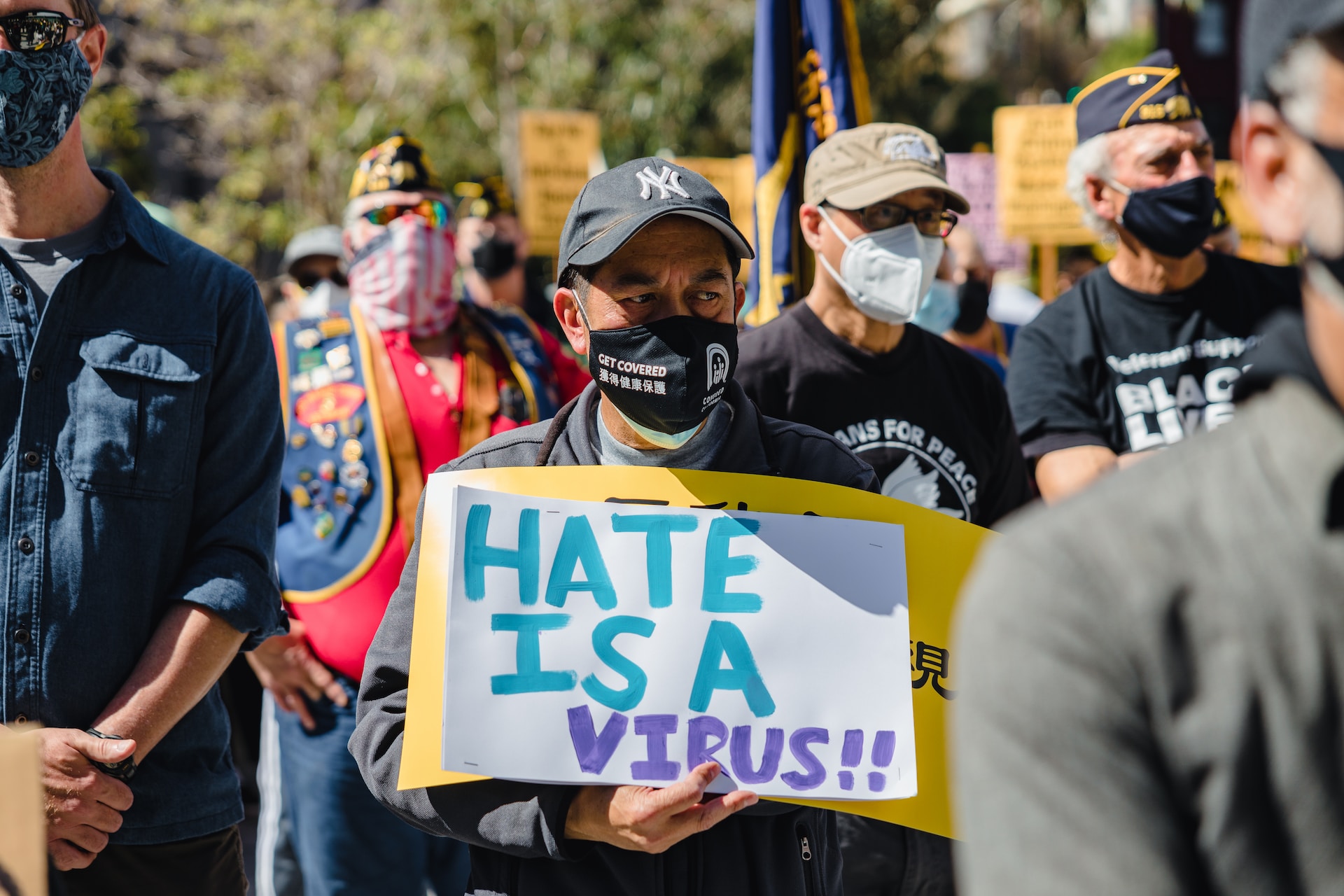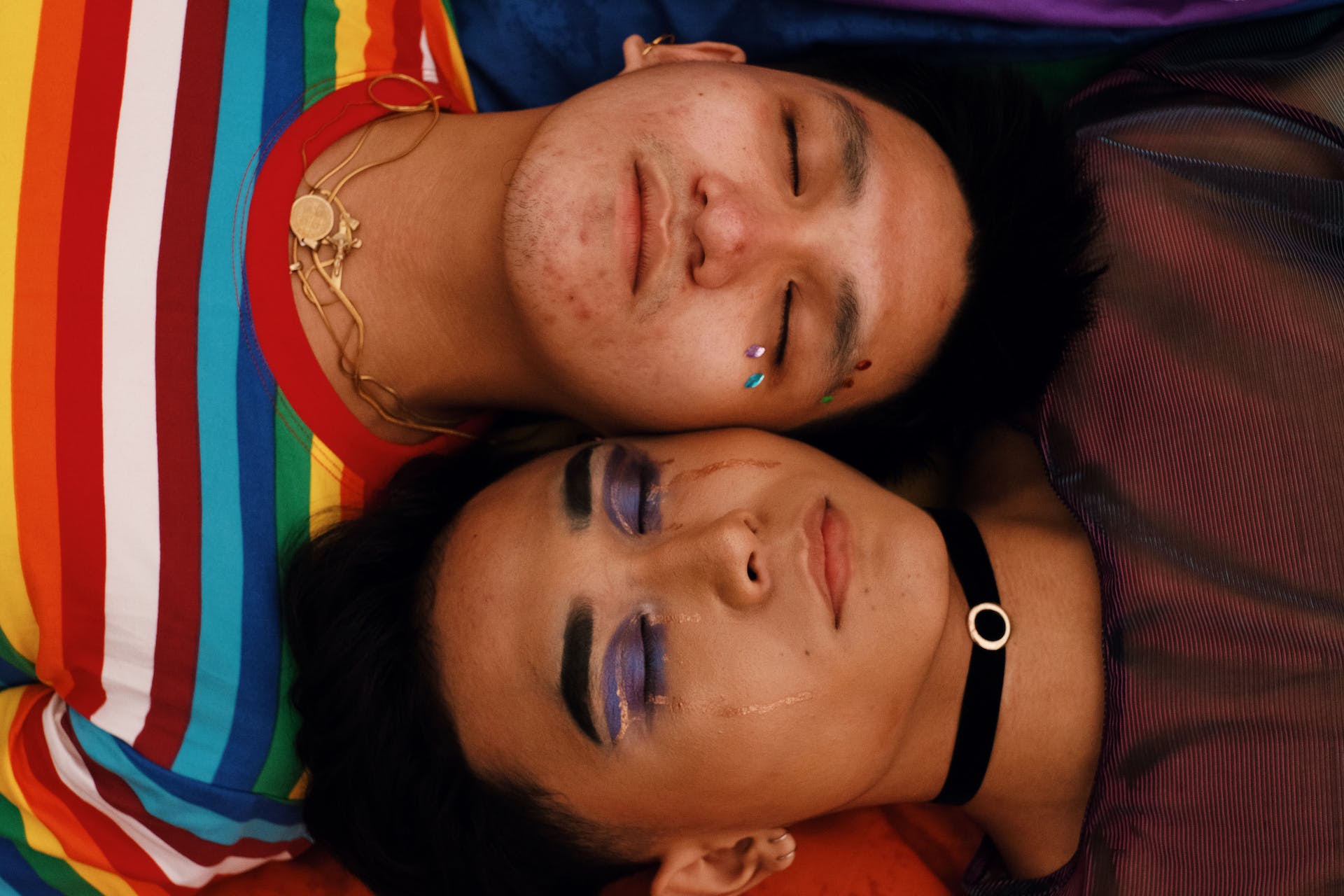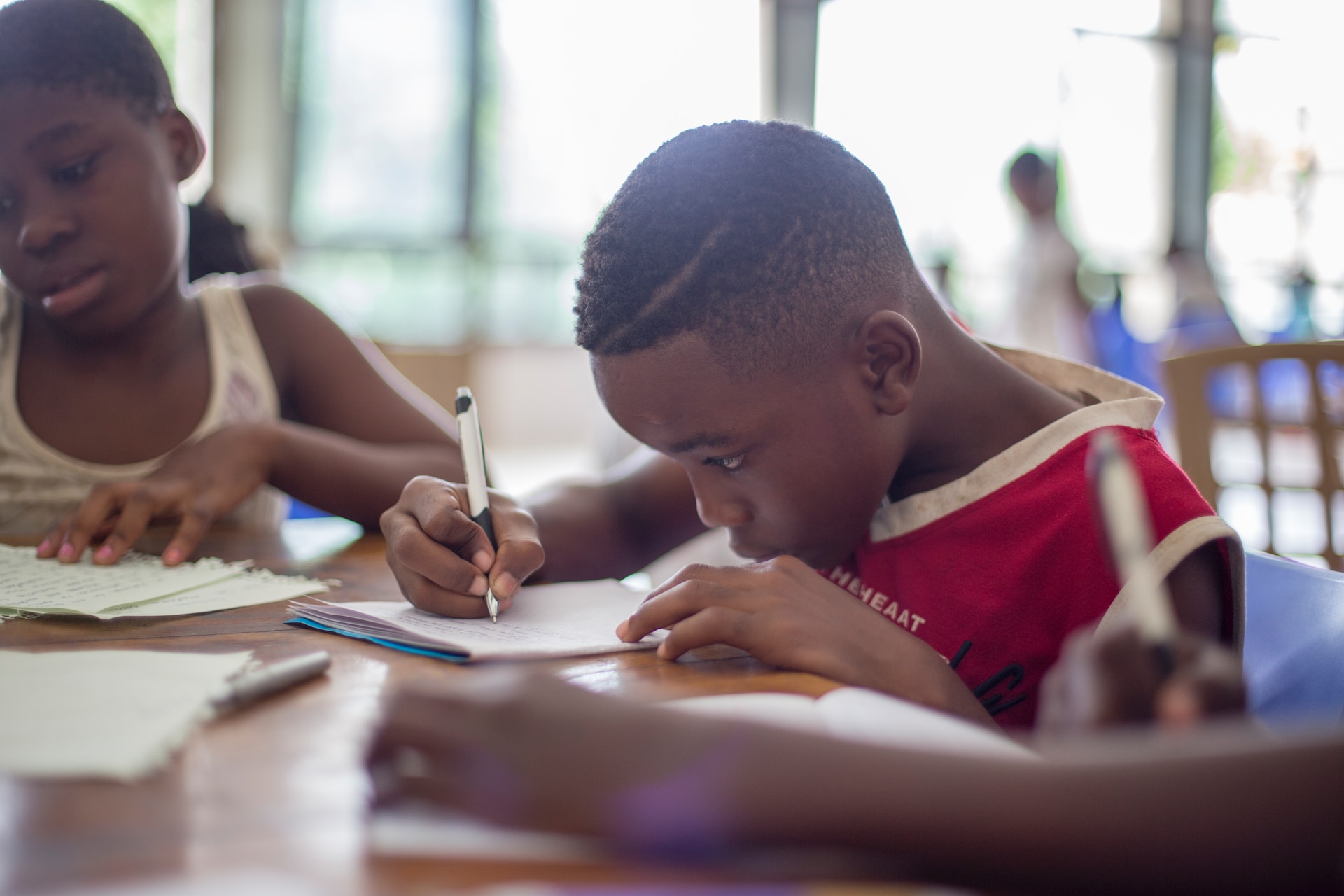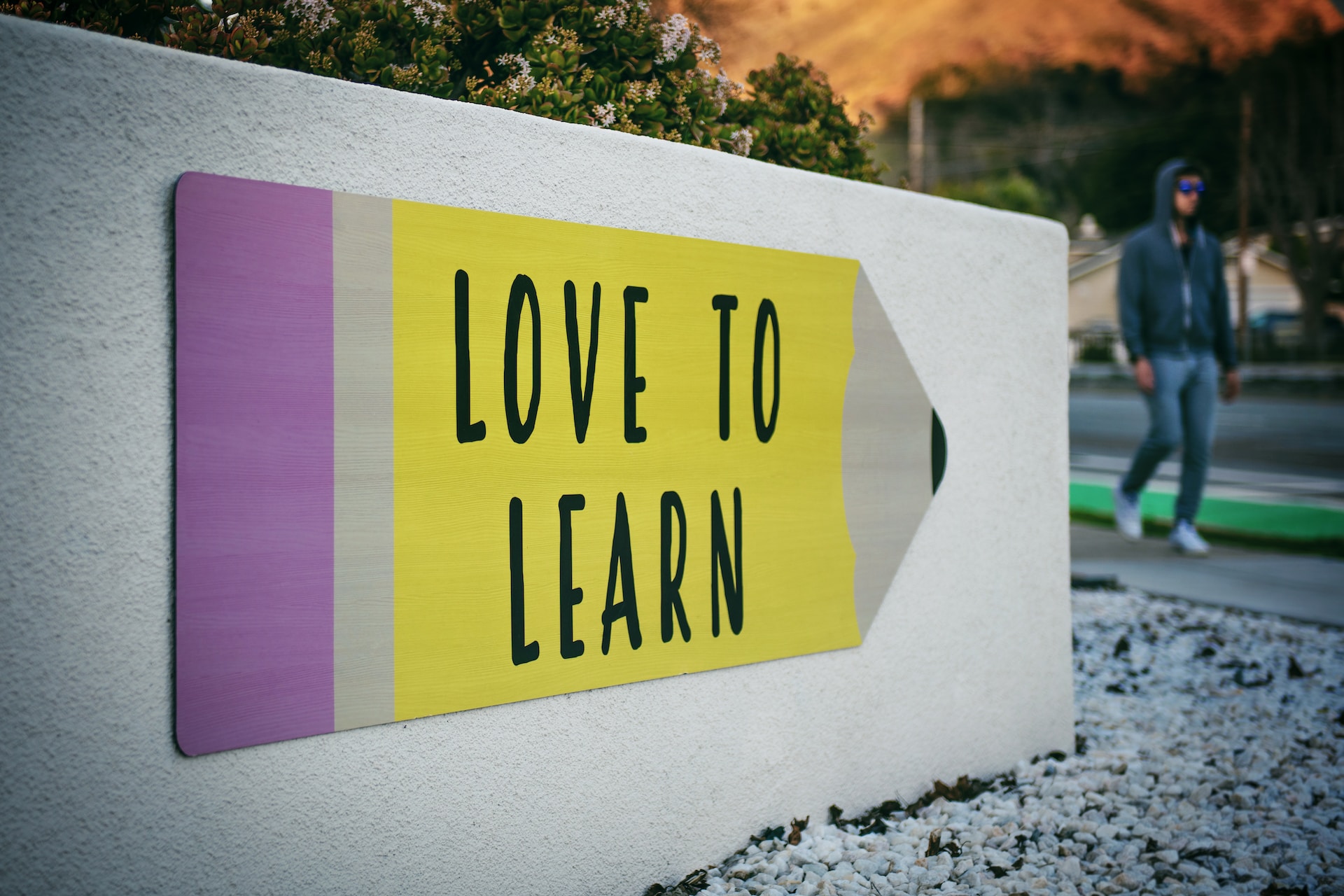St Ursula’s College Reverses Same-Sex Formal Ban After Public Outcry

In a remarkable turnaround, St Ursula’s College, a Catholic school in Kingsgrove, Sydney, has scrapped its controversial ban on same-sex couples attending the school formal. This decision came on the heels of a powerful online campaign initiated by Abbie Frankland, whose petition garnered nearly 5,000 signatures in a short span, highlighting the policy’s discriminatory nature.
The Ban that Sparked a Movement
The issue came to light when Frankland and her girlfriend, a senior student at St Ursula’s, were informed of the school’s stance prohibiting same-sex dates at the event. The restriction, which contradicted the inclusive values many expected from educational institutions in 2023, led Frankland to take action through an online petition platform, Change.org. The rapid swell of support underscored the community’s call for change.
Community and Nationwide Support
The outcry was not confined to the online community. Federal Education Minister Jason Clare also chimed in, advocating for the school to apply “a little bit of common sense” and align its policies with the progressive values of contemporary society. Clare’s involvement underscored the federal government’s position on non-discrimination, particularly significant considering the government’s substantial funding contribution to Catholic schools.
The Turning Point
The petition and subsequent backlash created a groundswell that the school could not ignore. In a meeting with students, the administration reversed its stance, allowing students to bring a date of their choice, regardless of gender. This change was communicated via Change.org, bringing the issue full circle from its inception on the platform to its resolution.
Looking to the Future
Frankland’s triumph over the policy has been a beacon of hope for those facing similar discriminatory practices. Her message on Change.org resonated with a broader call to action, encouraging individuals to stand against injustice. The successful overturn of the ban at St Ursula’s College may now serve as a precedent, suggesting a path forward for inclusivity and equality in educational settings.
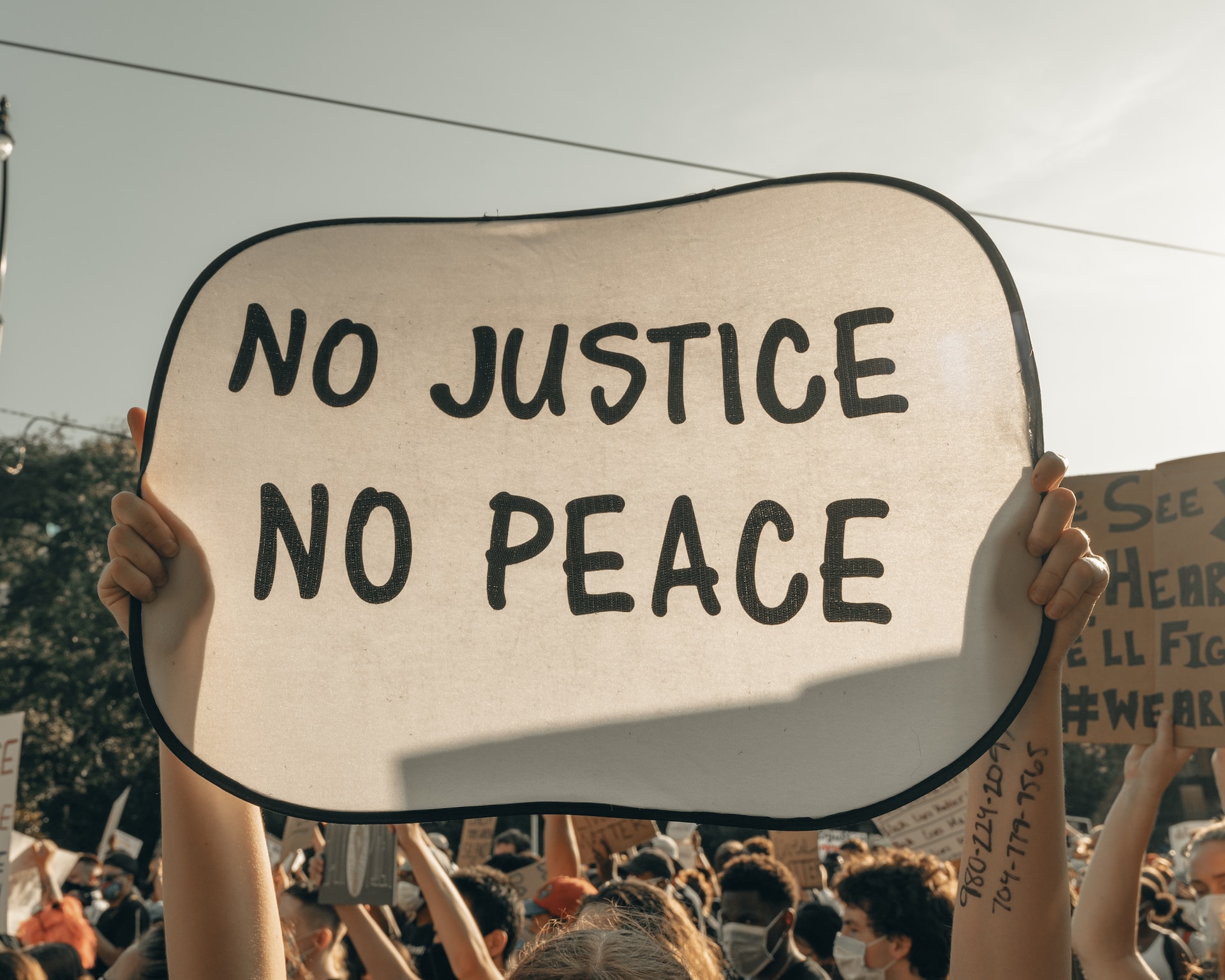
The Ripple Effect
The incident at St Ursula’s College has set a precedent that could potentially influence other educational institutions to re-evaluate their policies regarding inclusivity. With federal and state governments closely intertwined with school funding, policies that support discrimination are not only at odds with societal values but could also impact the financial support these institutions receive.
Conclusion
The reversal of the same-sex formal ban at St Ursula’s College marks a significant step towards inclusivity in educational institutions. It demonstrates the power of community activism and the importance of aligning school policies with modern societal values. As we move forward, the hope is that more schools will follow in the footsteps of St Ursula’s, ensuring that all students, regardless of their sexuality, are treated with equality and respect.
©equalityvoices.org


